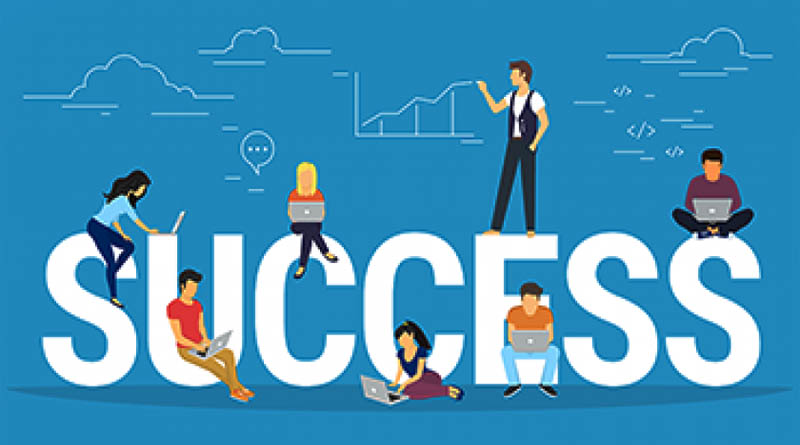To begin with, coaching refers to a form of partnership between you and your employees. Effective coaching focuses on helping them learn skills and develop their careers. On the other hand, coaching employees enables you to guide them towards a particular goal. It further improves employee performance while enhancing employee engagement.
As a coach or manager, your first approach to employee coaching can greatly improve work performance, increase productivity, and ultimately help them succeed in their respective jobs. Bear in mind that coaching your team members is simply a mutual sharing of opinions and experiences through what is known as coaching conversations.
Coaching employees is an ongoing action plan that you can use whenever opportunities arise. Every coaching session should aim at helping successful employees with their career development.
Even though coaching is tailored towards high performers, your struggling or new employees may also benefit from your coaching skills. That is why every coach and HR professionals should use their coaching ability and communication skills in their regular performance management style.
Check out the following four tips that you can effectively use when coaching employees to achieve performance goals.
Top 4 Strategies For Coaching Your Employees to Improve Their Performance
Numerous studies show that mentoring your team members can benefit your company in terms of productivity and performance.
Your coaching relationship can also uplift your employees’ competencies in the following ways:
- Improve their productivity
- Enhance their commitment
- Increase their work performance
- Broaden their knowledge
- Improve their working relationship
To achieve high professional levels among your workers, you need to apply the following employee coaching tips:
Tip 1:Design a Working Relationship
More than one employee is involved in making your business or organization successful. For that reason, you need to work on your coaching relationships among your team members. In this case, you should consider designing a working relationship with your employees to achieve high performance.
Use the following questions to help facilitate the coaching conversation needed to establish a strong relationship with your workers:
- How do your employees wish to be managed?
- How will you, as the business leader, provide constructive feedback?
- What are your expectations and goals after coaching your employees?
- What are your employees’ expectations from you?
- How often do you plan to meet for coaching?
- What are your long-term goals for coaching employees?
The answers to the questions above will enable you to design an effective coaching relationship. What is important here is to remember that designing your coaching relationship with employees is two-way traffic. As such, ensure that your employees have a chance to participate in designing a working relationship.
Tip 2: Ask Helpful Questions
When you ask your employees questions in your training program, you will help open up all lines of communication. Relevant questions will improve communication skills between the employees and their managers. After all, the power of employee coaching dictates that every employer should engage their employees across all the processes.
If you ask questions, you will undoubtedly allow your employees to express their ideas, thoughts, and concerns. Your questions will make them feel appreciated and included in running your company. Furthermore, asking powerful questions can play a significant role in the decision of professional development, micromanaging, time management, and performance improvement.
Tip 3: Acknowledge your Employees
Your coaching skills should recognize the inner personality and character of your employees. So, when acknowledging each worker, you are just recognizing them in person rather than for what they did. In this case, compliments and praises should not be used as a way to recognize your employees.
Although praising and complimenting your workers is allowed, acknowledging them provides a deeper level of understanding of their inner character. Through acknowledgement, your employees can build themselves up because you intend to support and recognize them for taking the right action in their duties. Most importantly, acknowledging empowers your employees to keep developing and growing their careers.
Tip 4; Make the Situation Clear
A good coach with effective coaching skills uses a combination of asking questions, listening, and reframing each question to help clarify the situation. At times, business leaders can jump to conclusions regarding something their employees did or said even without having the right information.
For that reason, you should adapt the skill of clarifying every situation by gathering more information before taking necessary action.
For instance, a disagreement between two employees may require you to take time to solve the problem. In this respect, you should ask clarifying questions, make a follow-up, and reframe what the two employees are saying before delivering your verdict.
Summary
Unfortunately, most employers pay more attention to the technical side of their business than the employee’s progress. They don’t invest their time, resources, and effort in their team of workers. However, if you use the above-mentioned coaching techniques, you can help take your business to the next level. The new skills you will pass to your human resources will set a foundation for performance improvement, successful relationships among your workers, and a productive work environment.












